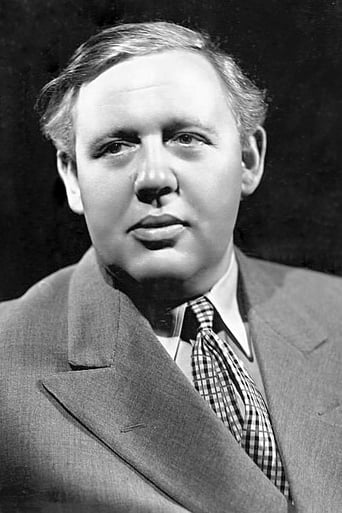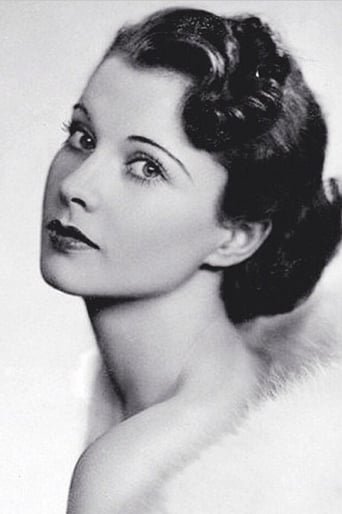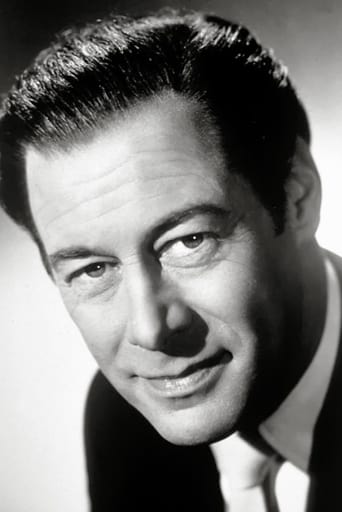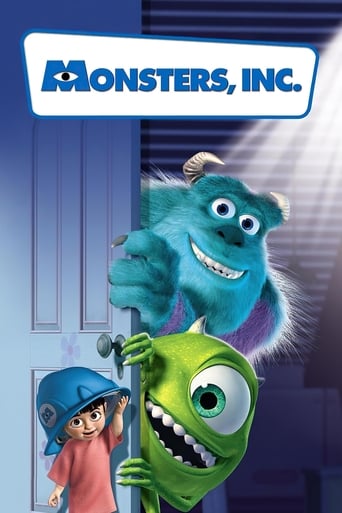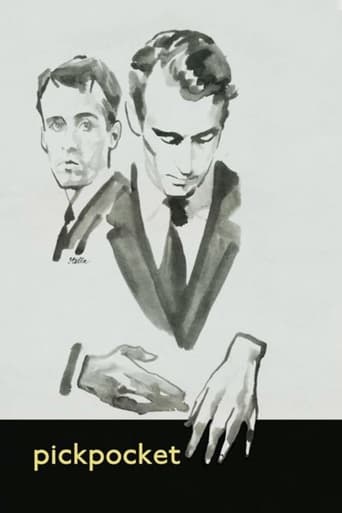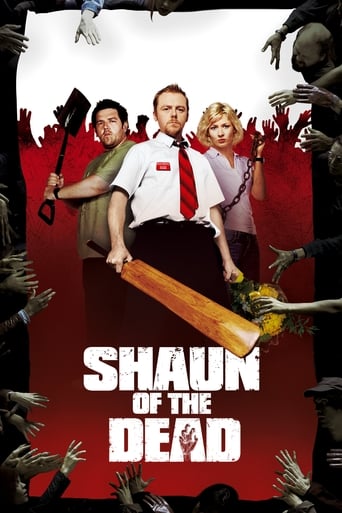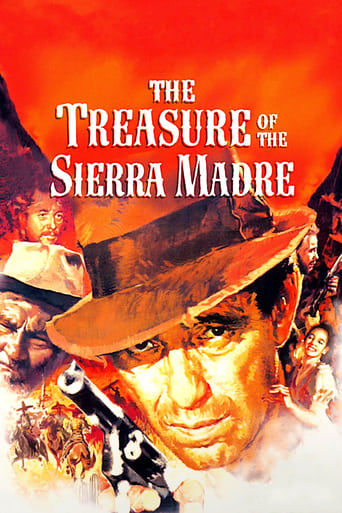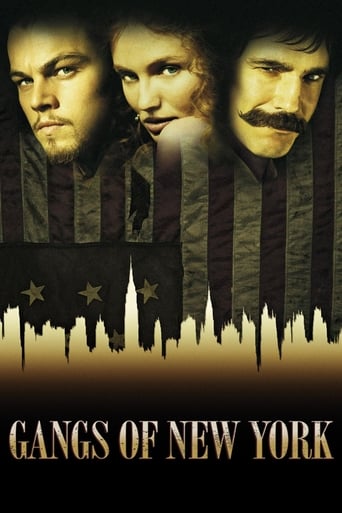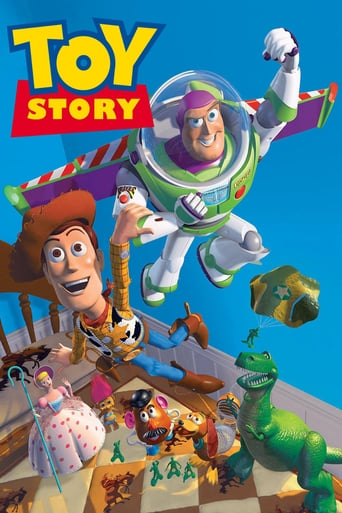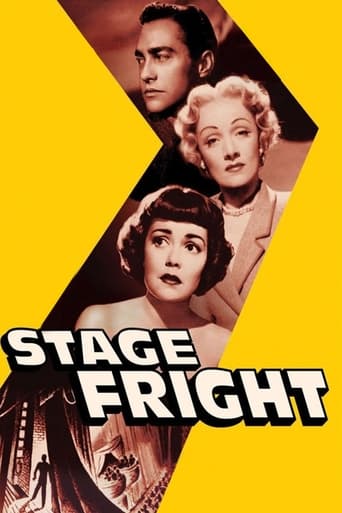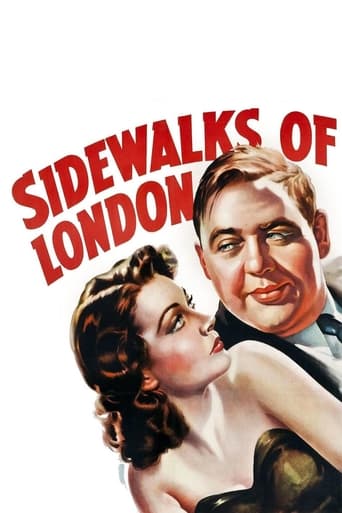

St. Martin's Lane (1938)
On the sidewalks of the London theater district the buskers (street performers) earn enough coins for a cheap room. Charles, who recites dramatic monologues, sees that a young pickpocket, Libby, also has a talent for dancing and adds her to his act. Harley, the theater patron who never knew Libby took his gold cigarette case, is impressed by Libby's dancing and invites her to bring Charles and the other buskers in his group to an after-the-play party. Libby comes alone. A theatrical career is launched.
Watch Trailer
Cast
Similar titles
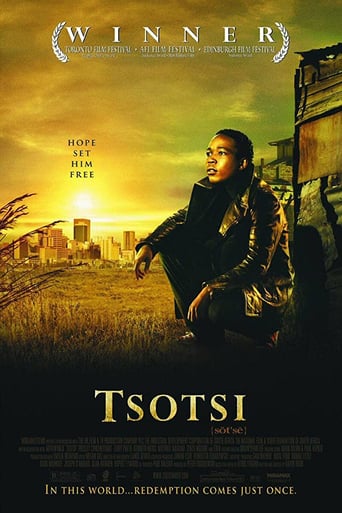

Reviews
Very very predictable, including the post credit scene !!!
If the ambition is to provide two hours of instantly forgettable, popcorn-munching escapism, it succeeds.
A film with more than the usual spoiler issues. Talking about it in any detail feels akin to handing you a gift-wrapped present and saying, "I hope you like it -- It's a thriller about a diabolical secret experiment."
It’s fine. It's literally the definition of a fine movie. You’ve seen it before, you know every beat and outcome before the characters even do. Only question is how much escapism you’re looking for.
American (Indiana) born Tim Whelan sandwiched this in between The Divorce of Lady X and Q Planes so that it missed being Alphabet soup by that much. To see it for the very first time - as I have just done - in 2013 is to wonder yet again at what pre-war cinema audiences would stand for. Laughton is simply atrocious, they didn't go further over the top at Ypres and the Somme put together. His monologues, "If" and "The Green Eye Of The Little Yellow God" had absolutely no 'feel' for the narrative, phrasing, or sense of rhythm; Rex Harrison displayed none of his gifts as a light comedian, and only Vivien Leigh appeared to know her ass from third base. It occurred to me that the popular English comedian of the nineteen fifties, Tony Hancock, had clearly based his voice on that of Laughton in this film. Back in his native US Whelan directed three musicals, Seven Days Leave, Higher and Higher, and Step Lively, all three minor league but light years ahead of this embarrassment.
Wow. Here's a great little serio/comic offering from pre-WWII Great Britain in which both Charles Laughton and Vivien Leigh get to demonstrate the reasons why they were superstars. This movie will delight anyone who loves classic movies, as it really contains all the elements necessary to make it one of the finest movies from the Brits in the 1930's. There's high-octane and undiluted star power from the lead actors, a fast-paced, sensitive and witty script, fine photography that rivals the best done in Hollywood, distinctive and expert work from the supporting players, and some enjoyable musical numbers.But first mention should go to top-billed Charles Laughton, who carries the film and puts his heart and soul into his performance. I certainly realize that many discriminating viewers of today may find his histrionics to be "over the top" or "ham." It's true that the man seems larger than life, with his often booming voice, hulking physicality and overstated expressions of emotion. Yet, we are still willingly taken in by him, as he is genius in evoking either pathos or disdain in the audience for his character. And he can be quite and thoughtful when the occasion calls for it, as evidenced in scenes late in the film. Quite a fantastic performance he gives here, and I think he's as good in this as in anything else he ever did.Laughton portrays a London street performer who excels in "recitations" from the works of Shakespeare, Kipling and others. He has a "meet-cute" with beautiful Vivien Leigh during one of his performances, and they soon develop a friendship and later -- an act. In typical dramatic fashion, musical composer Rex Harrison discovers Leigh's character and eventually gets her onto the legitimate London stage. The crux of the drama arises over Laughton's disappointment at being left behind, and Leigh coming to terms with her lowly origins. Fairly standard plotting certainly, but the script and performances make it first-rate by steering clear of stereotypes and stock characters.It's by no means a perfect little film, but still very enjoyable if only for the insight into London's West End in the 1930's. Laughton would be ill-served to be dismissed as a ham actor, certainly. Yes, he did shout and bellow in more than a few scenes, but it always comes out of the character. (I loved his recitation of "If" BTW!) He fantastic in the quiet moments, like when he gives the speech to all the others as he descends the stairs, or when he confesses his true desires to Leigh, or earlier when he tells her in the deserted home that "Life's a joke." All very poignant moments with much restraint exhibited on his part.Not surprisingly, Vivien Leigh is breathtakingly beautiful, but she also shows great energy and emotion, plus a nicely acted transformation from street waif to a popular actress on the West End. When she shares the screen with Laughton, there's a feeling that anything may happen between these two volatile characters, each with his and her own personal demons. She can be raucous and violent at times, or graceful, sweet and thoughtful at others. I've read that she and Laughton were not particularly fond of one another, and it's strange how sometimes that fact can elevate each actor's performance to a higher level! Less lucky is "Sexy Rexy" Harrison, who is practically steamrolled over by the leads in his thankless role. Anyway, he looks great, and avoids bumping into the furniture. The other supporting players fare much better, as does an adorable trained terrier who steals every scene he's in. The American director Tim Whelan really managed to create a slice of London life that's engaging, entertaining and emotional.I'd like to mention one little scene that struck my fancy. That's when all the buskers are at the pub after an evening work. Leigh has a line something like "It's all over." Then Laughton turns when he hears the tiny cockney voice saying, "She's right you know." He walks to the little old lady sitting in the corner, and she delivers a short speech about her and her family selling flowers when "the old queen" was alive. It's a neat little moment, put in for no reason that I can ascertain, since the old lady never figures into the story at all. I appreciate little scenes like that -- ones that easily could have been cut, but just add to the mosaic.**** out of *****
This is a wonderful story of love, ambition and sacrifice among the buskers (street performers) of London. Everybody's good, but Laughton and Leigh will stay in your mind and your heart long after you've seen this great film. Laughton's performance should be studied by every acting student. He gives us a Charlie Staggers who is funny, resourceful, honest and pathetic and with a great capacity to love and do right by others. He is a simple and good man with a deep soul, and his audition in the theatre at the climax of the picture is both sad and uplifting.Viven Leigh demonstrates a great talent and the characteristics that made her so successful the following year as Scarlett O'Hara in "Gone With the Wind." In this film she begins as a self righteous and petty thief and by the end she has grown to become a highly successful but humbled actress. Leigh carries this change superbly and makes it completely believable. By any measure it is a great performance."Sidewalks of London" is also very well written, directed and edited. I rank this as one of the best English language films of the 1930s.
This is a rare treat for coinnesseurs, a film where three of the greatest actors of Hollywood, Rex Harrison, Charles Laughton, and Vivien Leigh, strut their considerable stuff! They were all still relatively young in 1938, but already you can see the promise of great things to come, for the three, especially Laughton, who was already one of the world's finest actors.In many ways the story resembles Harrison's later role as Professor Higgins in "My Fair Lady"(1964). Laughton and Leigh play buskers in the street, and Harrison plays a toff who gives Leigh a chance at stardom. Laughton plays quite a similar role to his later "Hunchback of Notre Dame" (1939) who falls in love with the girl but recognises he is too ugly for her, and eventually contents himself with her kindness towards him. You can see Laughton's superb acting skills, when she kisses him, and his eyes shine with satisfaction and pride, as they wave goodbye to each other. It is truly a precious moment in films, a moment to savour.The following year saw the release of Leigh's "Gone With The Wind" and of course "The Wizard of Oz", two of the greatest films ever made, so minor films like this tended to be forgotten quickly. It's worth taking another look, though, at this film, which deserves far more recognition than it got.
